My dislike of Google is no secret, and, as a precaution, I have every known Google tracking setting turned off. I even block the Doubleclick and YouTube cookies. However, I have to manage a page at Google Plus—and Google cleverly tracks you through its Plus service.
It doesn’t lie about it:
When you use our services or view content provided by Google, we may automatically collect and store certain information in server logs. This may include:
details of how you used our service, such as your search queries.
But you wonder why they bother having a web history page. My web history is turned off, but it needn’t matter: Google is still tracking me and giving me useless information.
How do I know? Its friendly Google Plus suggestion, asking me if I know a Senger Ralf:
I don’t. I run a few Facebook groups, and as most Facebook users know, the site is plagued by fake accounts. It’s not uncommon for me to need to block a dozen a day. Senger Ralf was one of the borderline cases, so after searching on DuckDuckGo, I tried Google.
It also claims that I have downloaded 39 apps. This is BS. I logged into Google Play recently and without any move on my part, 30-plus apps started coming down. Thank goodness none of them got installed, but Google now inaccurately thinks I am into a whole bunch of useless games. A blessing in disguise, then: the less accurate the data on me, the better.
The documentary, Terms and Conditions May Apply, is great to watch if you ever come across it. Google’s spying is revealed there, along with that of others. The documentary maker even reveals that Google covered up its original privacy policy on its site, deceptively passing off that its earliest dated from 2000, when there were ones before that. The 1999 policies, which are now on the site (Google has a habit of stopping dodgy behaviour when it is busted), included terms such as:
Google’s policy on our wholly controlled and operated Internet sites is to respect and protect the privacy of our users.
and:
From time to time, there may be situations where Google asks you for personal information. When we intend to use your personal information, we tell you up front. This way you can decide whether you want to give us the information or not. In case you change your mind or some personal information changes, we will endeavor to provide a way to correct, update or remove the personal data you give us.
Upon your first visit to Google, Google sends a “cookie” to your computer. A cookie is a file that identifies you as a unique user. It can also store personal preferences and user data. A cookie can tell us, “This is the same individual who visited Google two days ago” but it cannot tell us, “This person is Joe Smith” or even, “This person lives in the United States.”
How times have changed. (In 1999, I was a Google fan. Understandable if that was their privacy policy.) Now it tracks you when you have turned off your web history, which gives you the false impression that Google no longer looks at your searches, and it uses your name and avatar for advertising purposes, even when you have turned off Google Plus endorsements.
It pays to be extremely wary of this firm, because it never says what it means.
Finally, if you are a Wordpress user, and you have Google concerns, then be aware that the big G is tracking you there, too. The Wordpress dashboard uses Google fonts. The way to fix this is to download a very small plug-in called Disable Google Fonts (hat tip to Fontfeed). If you like the look of the fonts, just install them on to your own hard drive—they are open source.
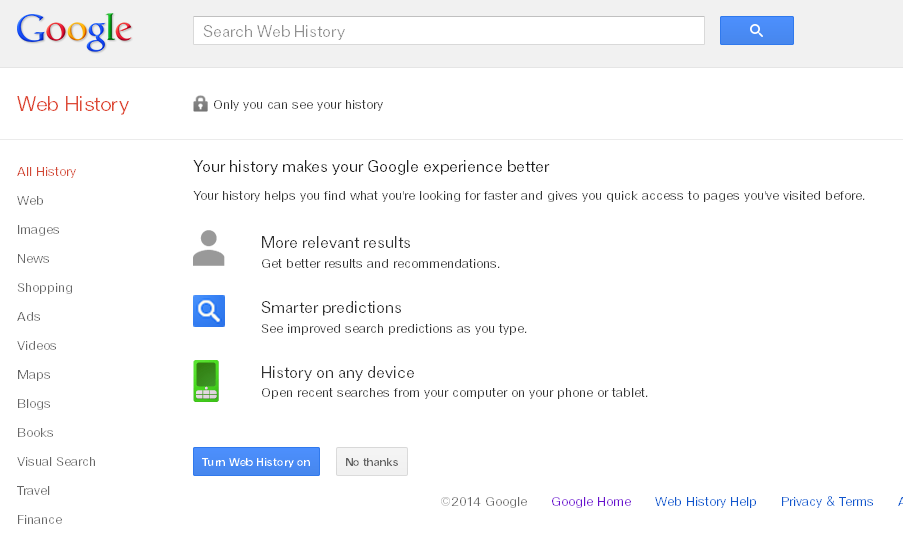
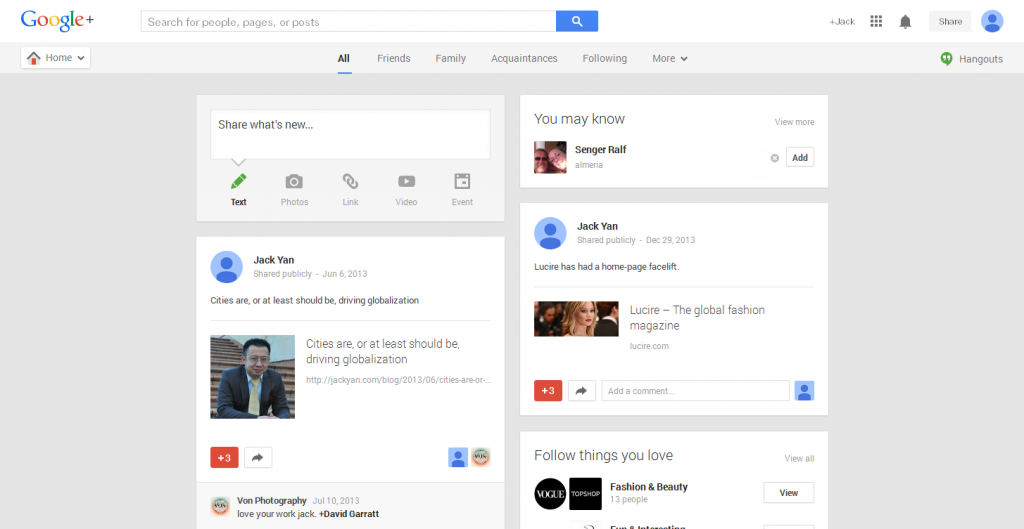
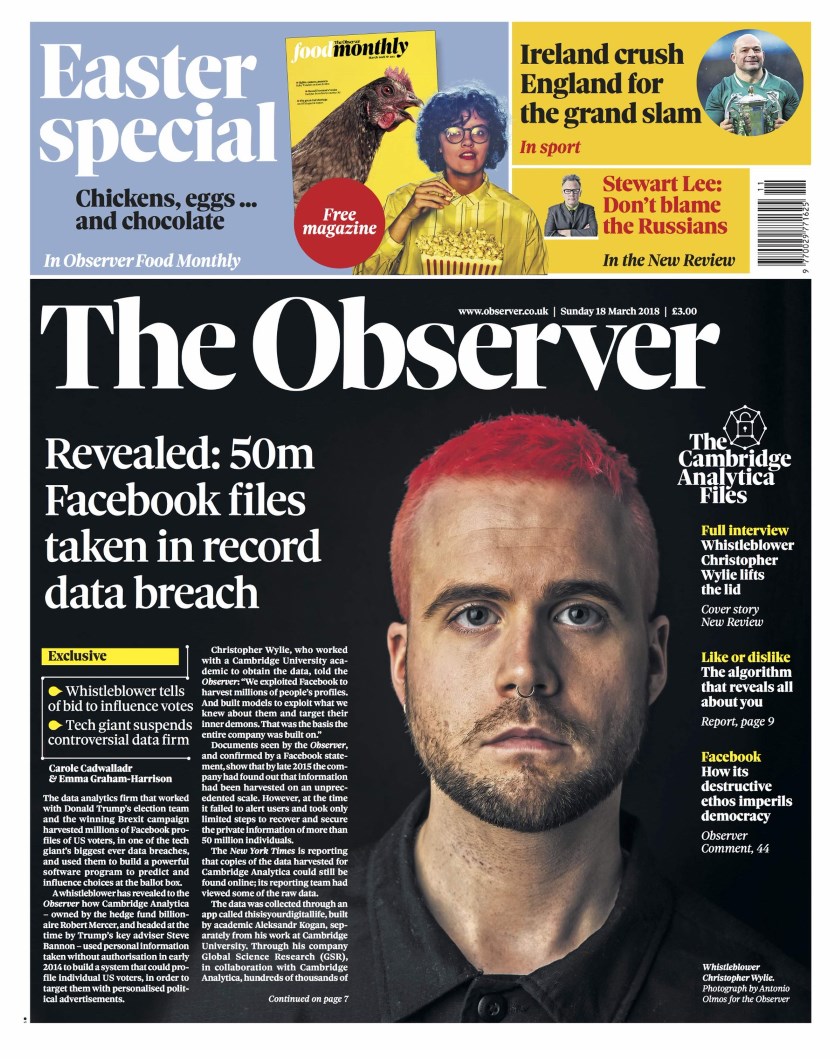
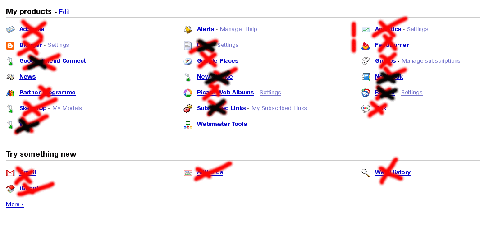
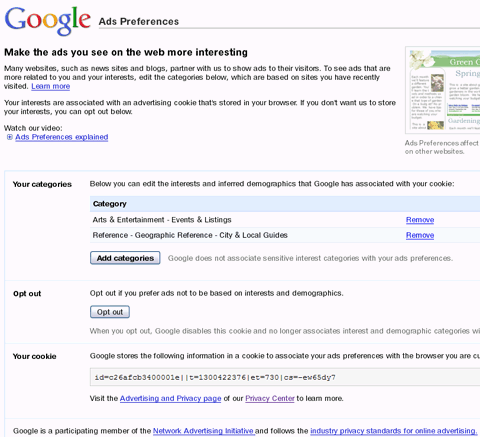

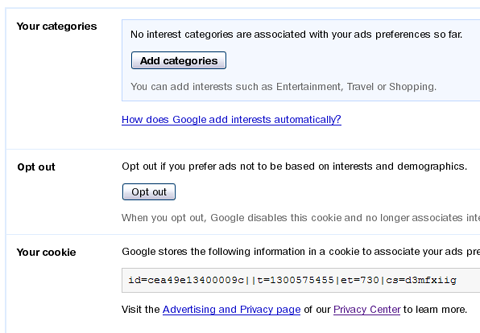

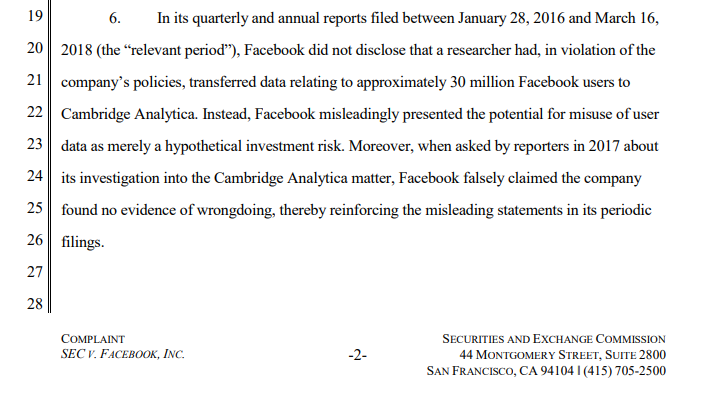

The WordPress dashboard uses Google fonts.
Is this true for .com-hosted WordPress? If so, then the only recourse may be to move to self-hosted. But I don’t think that’s a viable solution for everyone, including some bloggers I know that want to work on “branding” their blog.
So many tradeoffs. I’m not surprised– it seems that it’s as a number of people have claimed– that privacy will be something that will be have to requested, and fought for, in increasingly larger amounts.
Thanks for the update, Jack. I guess there’s no real “free lunch” on the Internet, or there won’t be, for much longer– every service a user doesn’t shell out money for, will come with strings decreasing privacy.
I’m not sure, J., but I believe this applies to WordPress.com, too, although in their case you mightn’t be able to switch it off. (I assume they don’t let you add plug-ins on WordPress.com.)
Nope, you can’t use plug-ins on WordPress.com.
Sadly, that probably will mean that Google can track you. Did your interface change recently with new fonts (it was when WordPress 3·8 was introduced for us)?
I’m not sure, really. When was WP 3-8 released?
End of 2013. You may have noticed the fonts change when you logged in.